Nobel Peace Prize Awarded To European Union
The Nobel Committee has awarded the Nobel Peace Prize to the European Union:
PARIS — The Norwegian Nobel Committee awarded its 2012 peace prize on Friday to the 27-nation European Union, lauding its role over six decades in building peace and reconciliation among enemies who fought Europe’s bloodiest wars, even as the Continent wrestles with economic strife that threatens its cohesion and future.
The award also seemed to illuminate competing visions of Europe as both historical unifier and meddlesome overlord, recalling deep strains within the bloc, primarily between Germany and other European nations over Berlin’s insistence on austerity to resolve the euro crisis, measures that have brought pain to Greece and Spain in particular.
Thorbjorn Jagland, the former Norwegian prime minister who is chairman of the panel awarding the prize, said there had been deep concern about Europe’s destiny as it faces the debt-driven woes that have placed the future of the single currency in jeopardy.
“There is a great danger,” he said in an interview in Oslo. “We see already now an increase of extremism and nationalistic attitudes. There is a real danger that Europe will start disintegrating. Therefore, we should focus again on the fundamental aims of the organization.”
Asked if the euro currency would survive, he replied: “That I don’t know. What I know is that if the euro fails, then the danger is that many other things will disintegrate as well, like the internal market and free borders. Then you will get nationalistic policies again. So it may set in motion a process which most Europeans would dislike.”
In announcing the award, Mr. Jagland described it as a signal focusing on the union’s historical role binding France and Germany together after World War II and its perceived impact in spreading reconciliation and democracy beyond the Iron Curtain that once divided Europe and on to the Balkans. “The stabilizing part played by the E.U. has helped to transform most of Europe from a continent of war to a continent of peace,” he said.
José Manuel Barroso, president of the European Commission, said the award proved that the European body was “something very precious.”
“It is justified recognition for a unique project that works for the benefit of its citizens and also for the benefit of the world,” he said. “The award today by the Nobel Committee shows that even in these difficult times, the European Union remains an inspiration for countries and people all over the world and that the international community needs a strong European Union.”
Not surprisingly, the Greeks aren’t too happy about it even though they’re part of the E.U.:
In Greece, the powder keg of Europe, where society is fraying under the weight of austerity, the choice of winner generated little warmth.
“I think it’s unfair,” said Stavros Polychronopoulos, 60, a retired lawyer, as he stood on Friday in central Syntagma Square in Athens, where residue from tear gas fired by the police during demonstrations on Tuesday to protest a visit by the German chancellor, Angela Merkel, still clung to the sidewalks.
“The leader of the E.U. is Germany, which is in an economic war with southern Europe,” Mr. Polychronopoulos said. “I consider this war equal to a real war. They don’t help peace.”
And there’s a question over who actually will end up accepting the prize:
European officials immediately raised the question of who would accept the peace prize on behalf of the bloc’s often bickering members, divided by tensions between its more affluent north and its struggling south. They are also frequently at odds over personality differences and critical questions, like whether Turkey should be admitted and whether the euro zone should include more countries than its current 17.
At its headquarters in Brussels, several figureheads compete for prominence, including Mr. Barroso, the president of the European Commission, which enforces European treaties, and Herman VanRompuy, the president of the European Council, which represents heads of European Union governments.
Additionally, the president of the European Parliament, Martin Schulz, said in a statement that his institution expected to be part of the award ceremony.
The rivalries recalled a remark ascribed to Henry A. Kissinger, the former United States secretary of state: “Who do I call if I want to call Europe?”
I suppose Angela Merkel would be the best place to start.
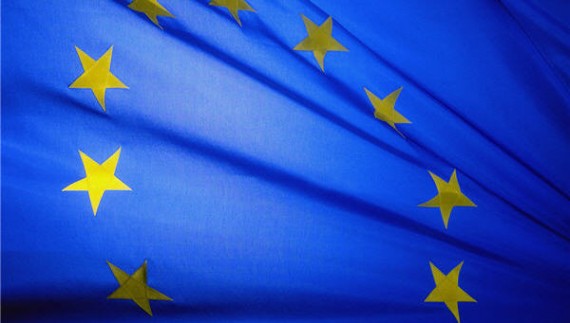


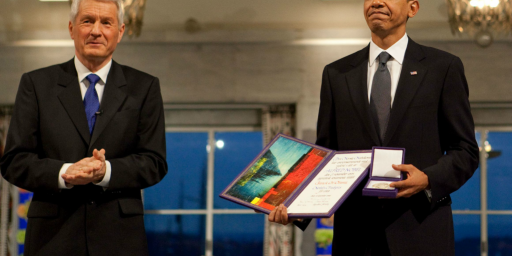
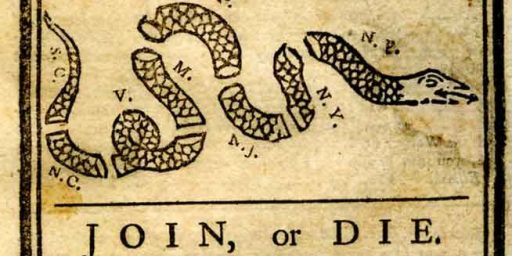
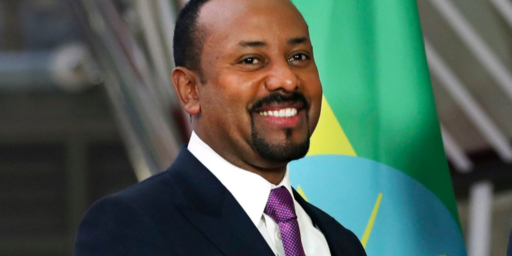
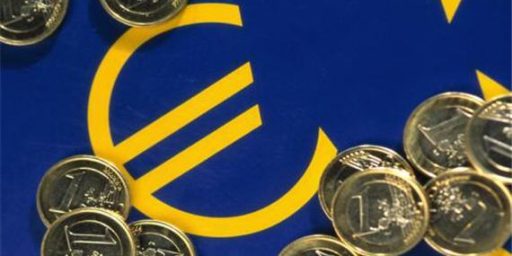
Yet another reason, following Obama’s awarding of the Peace Prize, of why we really shouldn’t listen to Norwegians.
The Peace Prize is really turning into a complete joke.
You know what this means? All out war in Europe within 5 years. Could you really call it a civil war or just a return to the old ways?
From parody to farce.
The peace prize has always been a bit goofy. From what I’ve seen, the sciences and literature ones are taken more seriously. Maybe that was Nobel’s intention from the start?
And the economics one is a bit pathetic, just because of the way it was created.
My first reaction was that, yes, it was almost as silly as giving the Nobel to Obama. Then I remembered. There were close to 100 million civilian and military deaths and injuries in Europe between 1900 and 1950. WWI and WWII were the last horrific conflicts that topped millennia of war on the continent.
At the end of WWII, European cities were devastated. Blocks and blocks and blocks of nothing but rubble. England continued rationing until almost, I think, 1960 or so.
We still obsess over the Civil War. Imagine if we had had a Civil War, or a war between different groups of states, every decade or two. That was the European continent.
Would the continent have remained peaceful (excluding the Balkans) for the past 60 years absent the EU? Maybe. But WWI was supposed to be the war that ended all wars (almost 40 million civilian and military deaths and injuries).. Less than two decades later, the continent was embroiled in yet another, even worse, war.
So if the Norwegians want to give a Nobel Peace Prize in recognition of the end of endless wars, I’m OK with it.
@LC:
1954, actually, and in some respects it was worse after the war had ended.